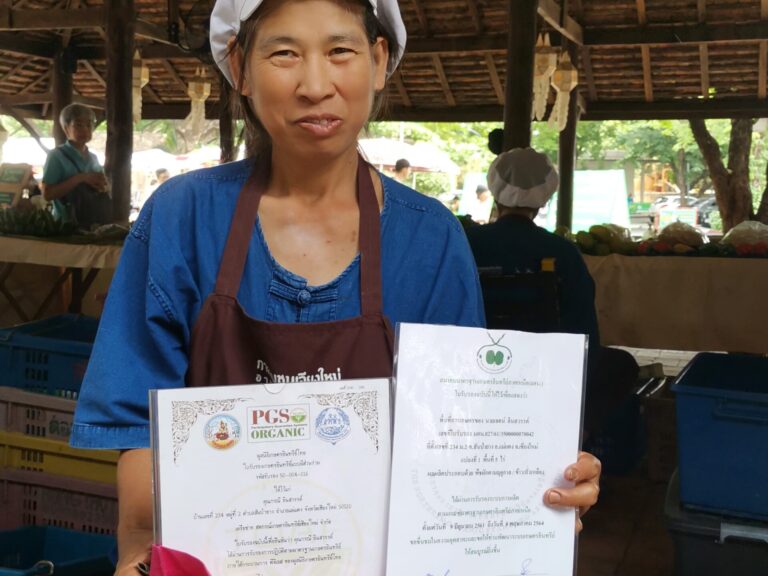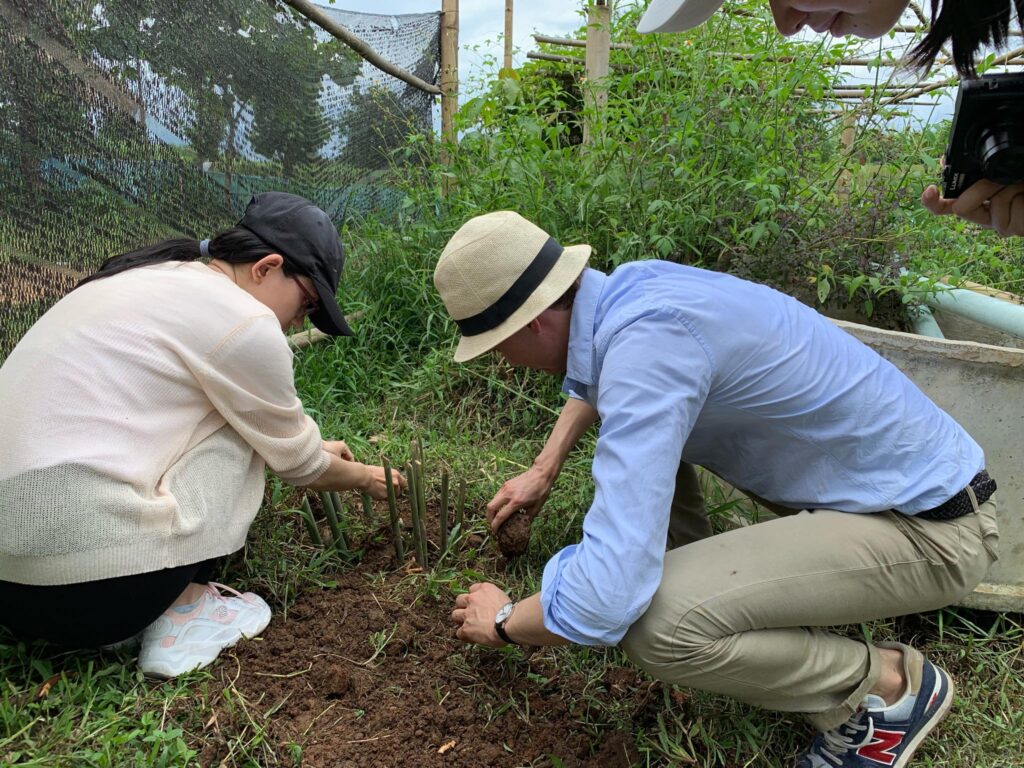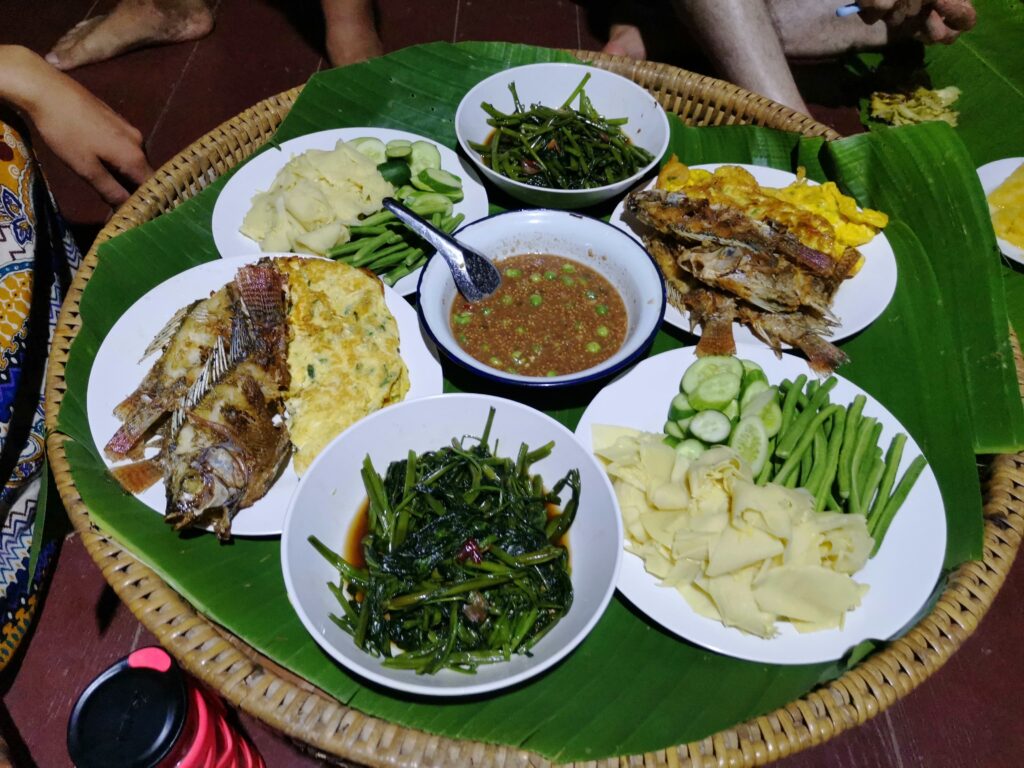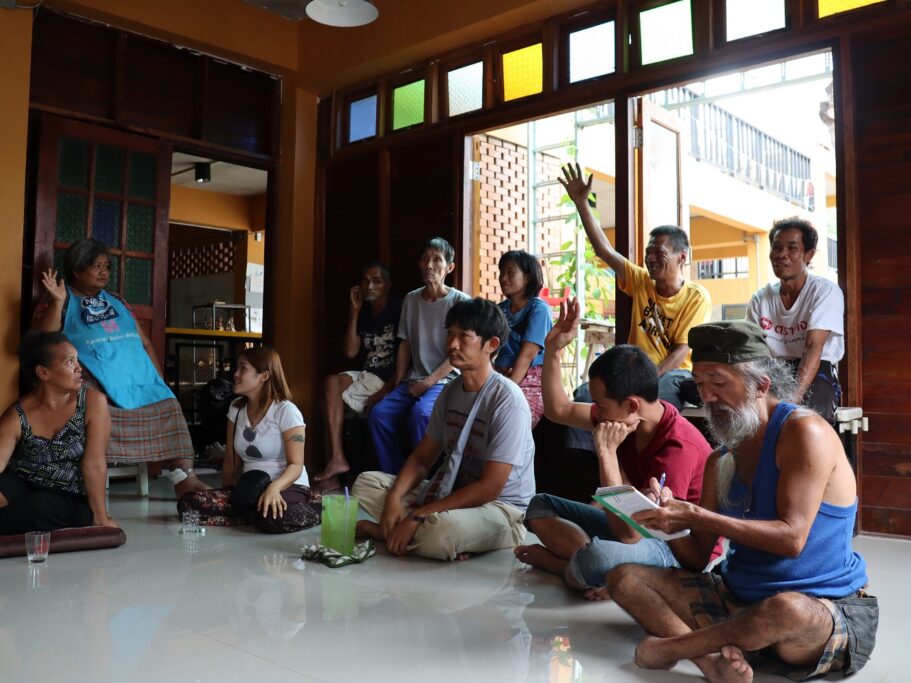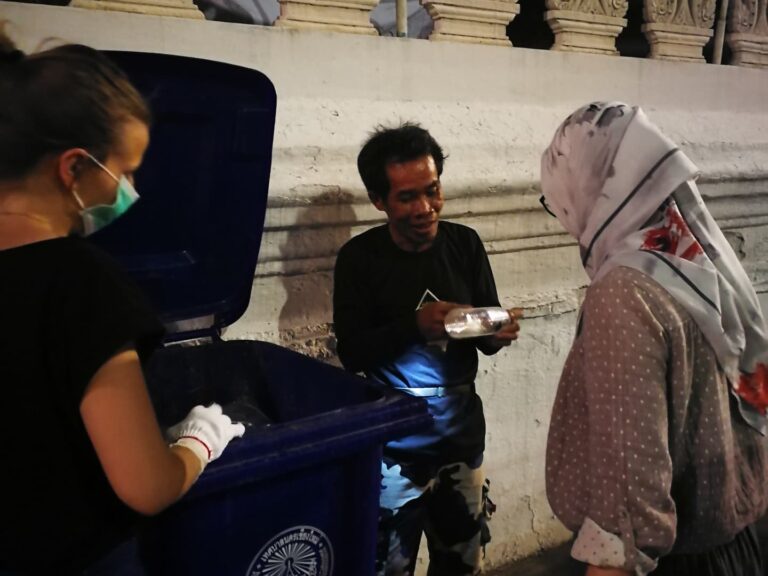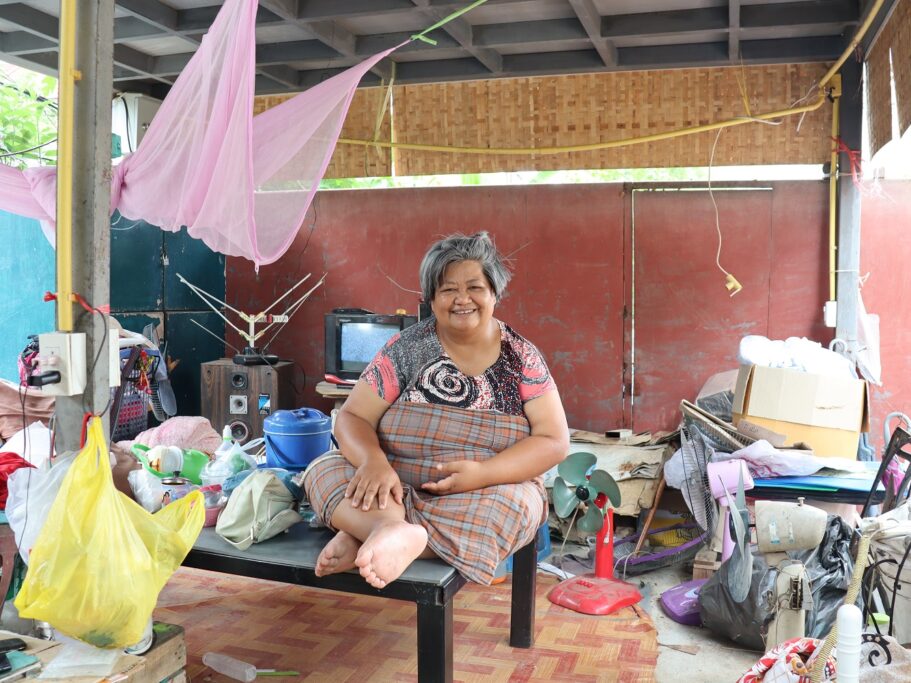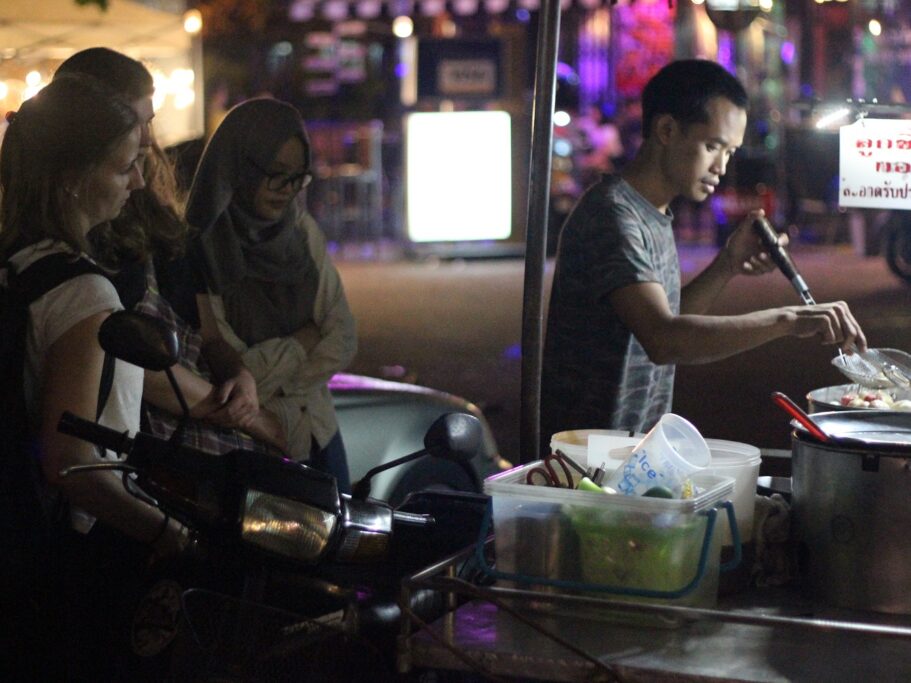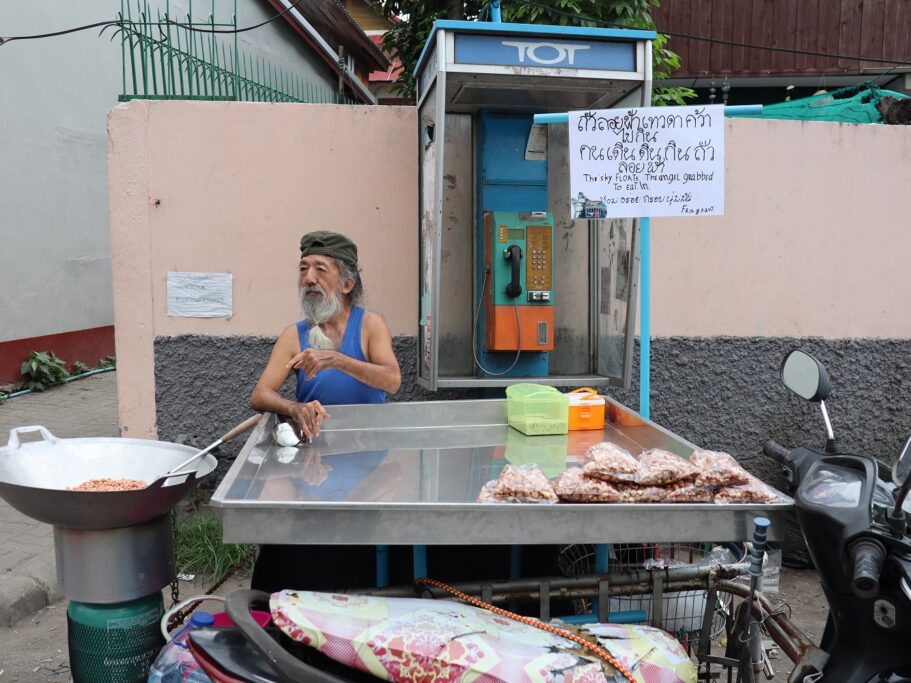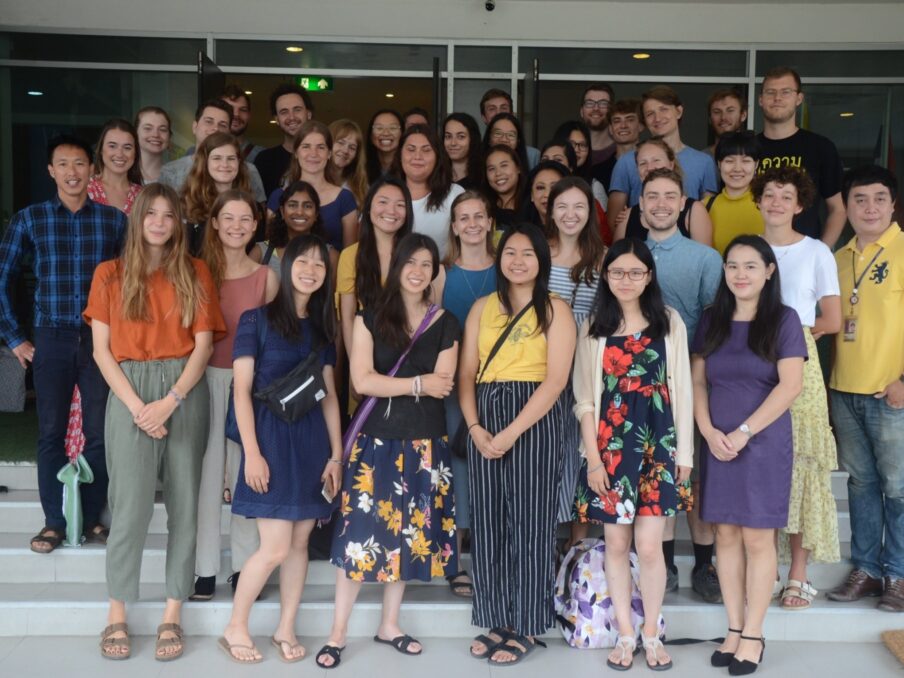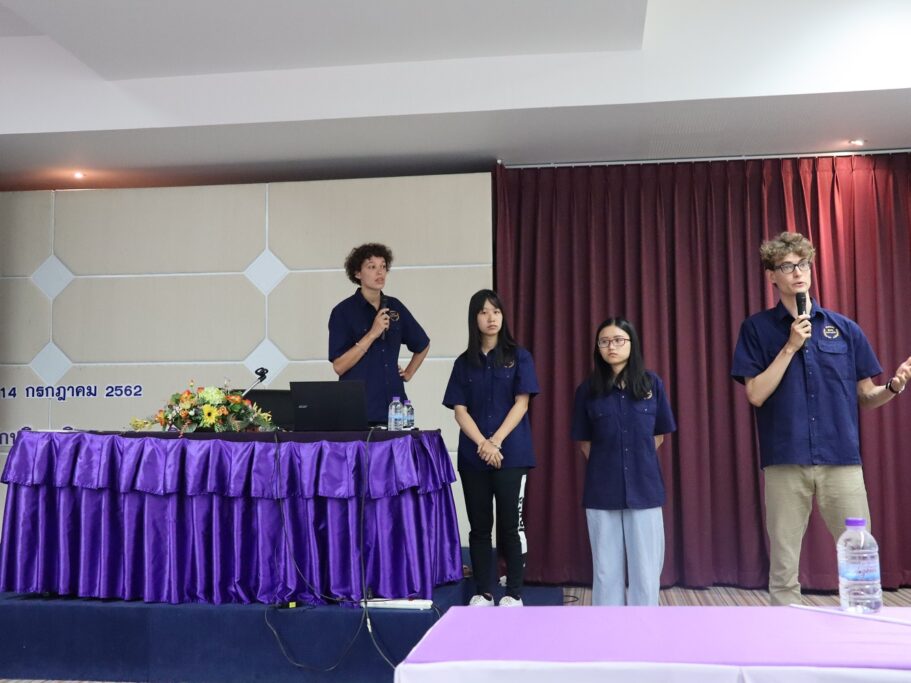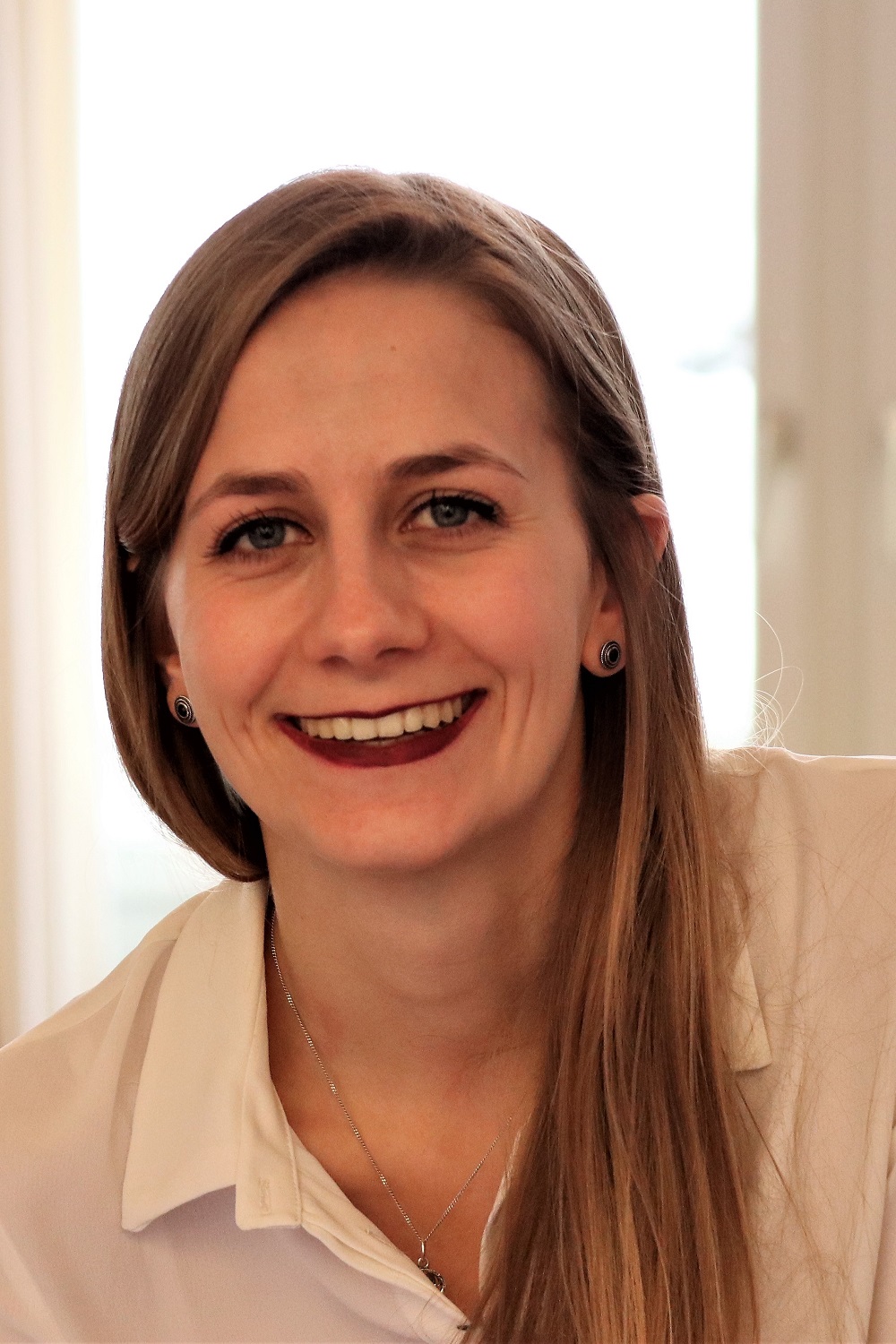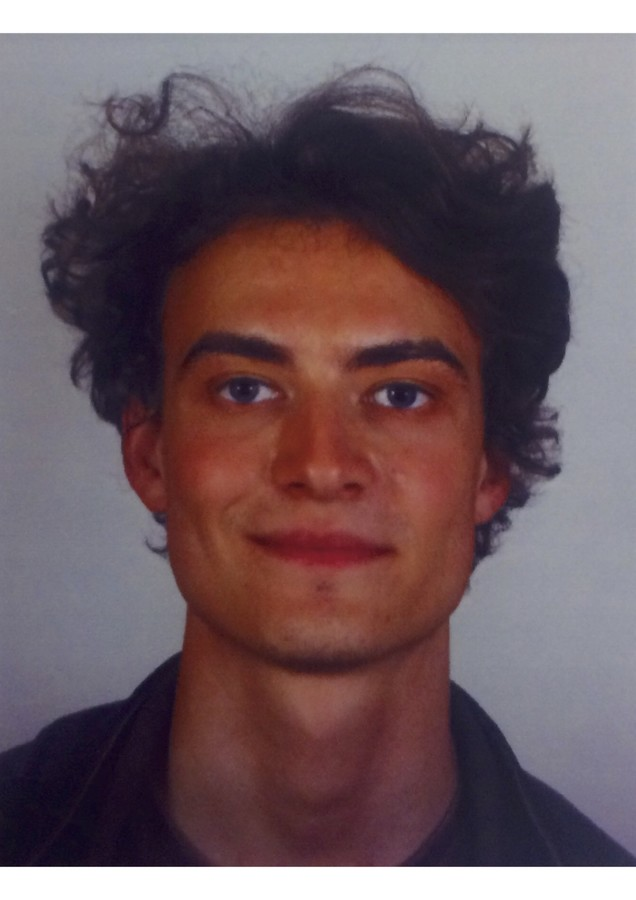The International Alliance of Research Universities (IARU) 2019 summer school, “Borderland: Critical approaches to Field Research in the Global South” brought together a multidisciplinary group of students from around the world to explore contemporary issues that surround the borderlands of Chiang Mai in Northern Thailand near the borders of Myanmar and Laos. The four-week long course offered us a unique experience and the opportunity to discuss how best to conduct field research in politically challenging areas with experts and fellow students from various disciplines, academic backgrounds, and nationalities. We worked hand-in-hand with local NGOs addressing issues such as homelessness and pursued field research on local farming practices in and around Chiang Mai.
We are graduate students in the Comparative and International Studies Master’s programme at ETH Zurich. The summer school consisted of an intense first week of lectures (20 lectures given by professors from the different IARU universities) at Chiang Mai University and a field trip. In the subsequent two weeks, students worked either with an assigned NGO or on a research project. In the last week students had the time to work on the final project and research proposal.




